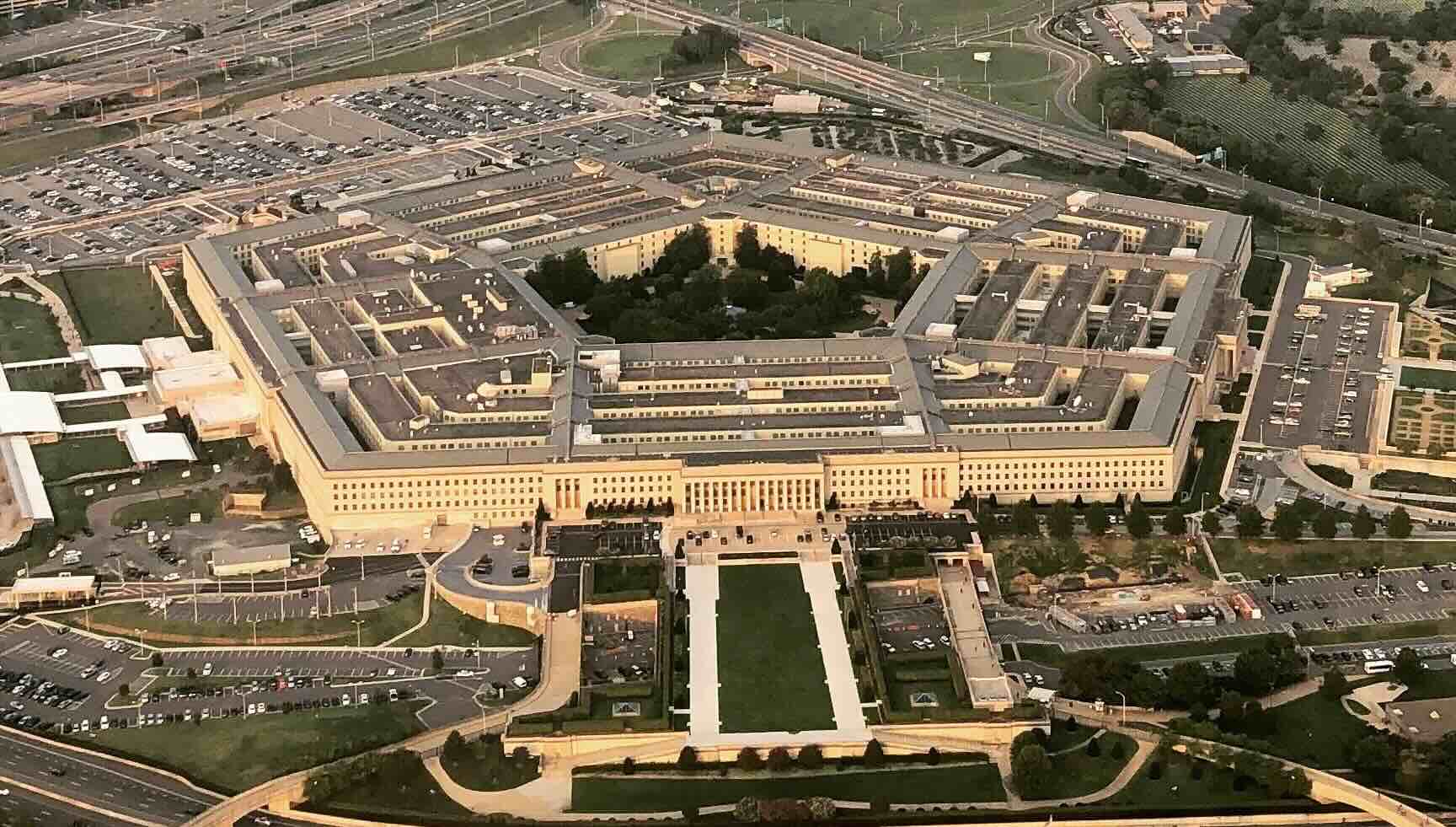


The move follows the introduction of a policy requiring journalists to acknowledge they could be deemed a security risk and stripped of credentials for seeking classified or certain unclassified information from Pentagon personnel.
The organisations declining to sign include Reuters, Associated Press, Bloomberg News, The New York Times, The Wall Street Journal, The Washington Post, and all five main US broadcast networks — ABC, CBS, NBC, CNN and Fox News — alongside outlets such as NPR, Axios, Politico, The Guardian, The Atlantic, The Hill, Newsmax, Breaking Defense and Task & Purpose. Several conservative-leaning titles are also among the non-signatories.
Under the Pentagon’s timetable, outlets were told to agree to the terms by Tuesday or return their badges and vacate their offices by Wednesday. The Pentagon Press Association (PPA) said the rules would materially restrict the ability of its members to report on defence policy and operations, calling them unprecedented in scope. A joint statement from the broadcast networks said they would not accept provisions limiting journalists’ capacity to inform the public on national security matters.
Pentagon spokesperson Sean Parnell said the department’s position was that outlets were being asked to confirm they understood the policy rather than to consent to it. Defence Secretary Pete Hegseth has described the measures as “common sense”, arguing they are intended to protect national security while maintaining orderly engagement with the press. President Donald Trump signalled support for the approach on Tuesday.
Press-freedom groups and media lawyers have objected. The Reporters Committee for Freedom of the Press (RCFP) wrote to the Pentagon on 22 September warning that the policy contains ambiguous language about journalists’ obligations, including a requirement to obtain government approval for articles that may contain even unclassified information. The Pentagon responded two days later, but the core points of contention remain. The Committee to Protect Journalists (CPJ) has separately urged the department to withdraw or revise the measures.
According to outlets and the PPA, the new regime goes beyond existing security rules and standard ground rules for briefings and embeds. Accredited reporters typically have access only to public areas of the Pentagon. News organisations argue that the additional undertakings appear to condition access on a pledge not to seek information that has not been pre-approved for release by officials, which they say conflicts with ordinary newsgathering practice.
The policy also raises concerns about potential legal exposure. Media-law specialists cited by US outlets say the language could be read in a way that supports sanctions or prosecution under statutes such as the Espionage Act, if the government characterises standard reporting activity as harmful to national security. The Pentagon has said the intent is not to curtail lawful reporting but to safeguard sensitive information and manage interactions with staff.
Most large outlets have indicated they will continue covering the US military from outside the building if necessary. The Washington Post reported that the departures would mark the first mass withdrawal of full-time media from Pentagon premises since the complex opened in 1943. Several organisations said they were exploring legal options while maintaining day-to-day reporting on the armed forces.
Only a small number of organisations are understood to have accepted the terms so far. One America News Network (OANN) has said it signed the policy; most others, across the political spectrum, have not. Bloomberg reported that non-signatories would be required to hand in their credentials and lose on-site access until further notice.
The dispute follows changes announced in September which, according to ABC reporting and rights groups, would make access contingent on agreement to new restrictions. The subsequent letters from RCFP and CPJ indicate that press-freedom bodies view the policy as incompatible with First Amendment protections, notwithstanding limited revisions acknowledged by the Pentagon.
As of Wednesday, outlets that declined to sign were preparing to clear offices and return badges while maintaining independent coverage from outside the Pentagon. Both sides have left open the possibility of further discussions, but no formal resolution has been announced.